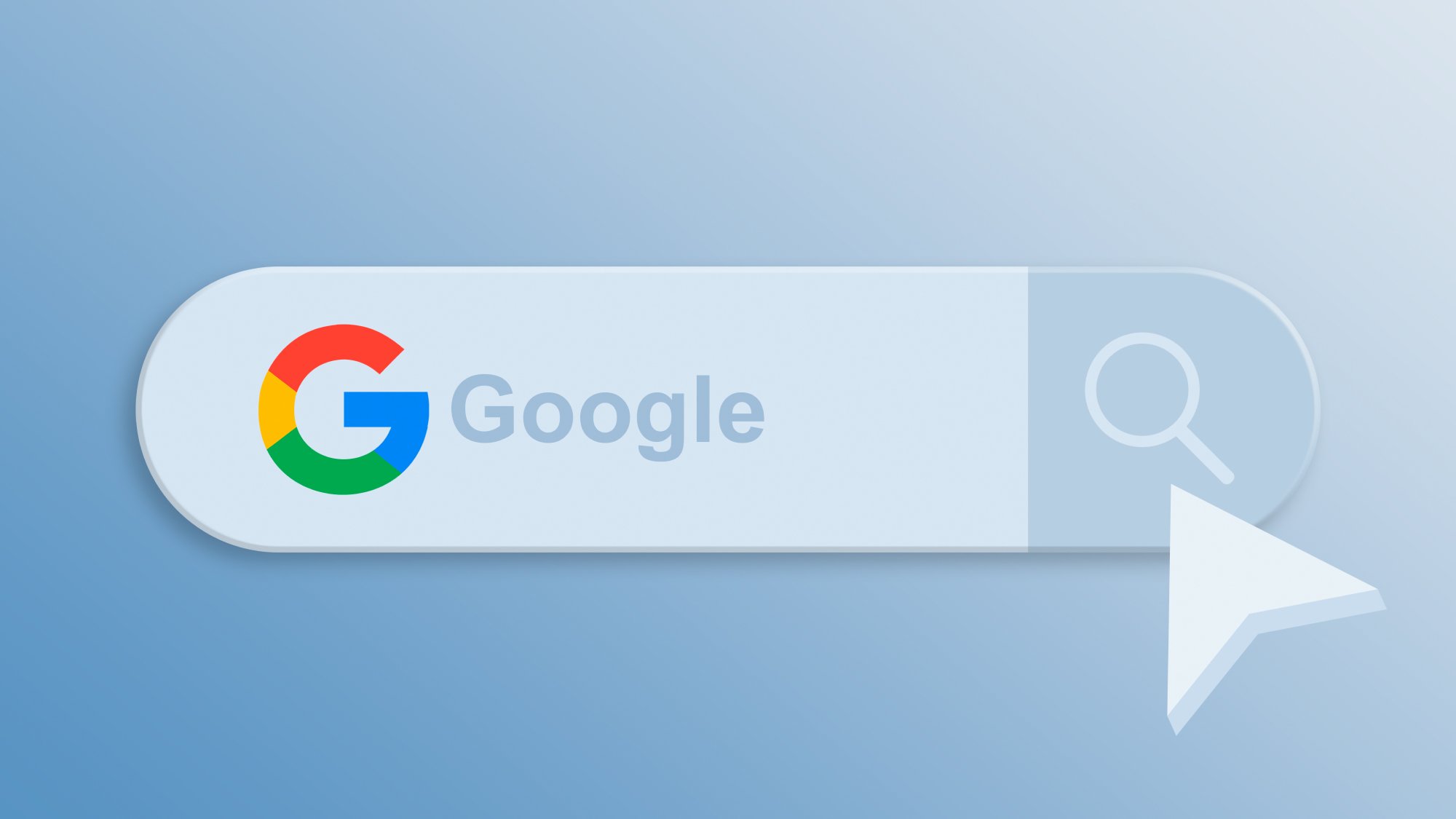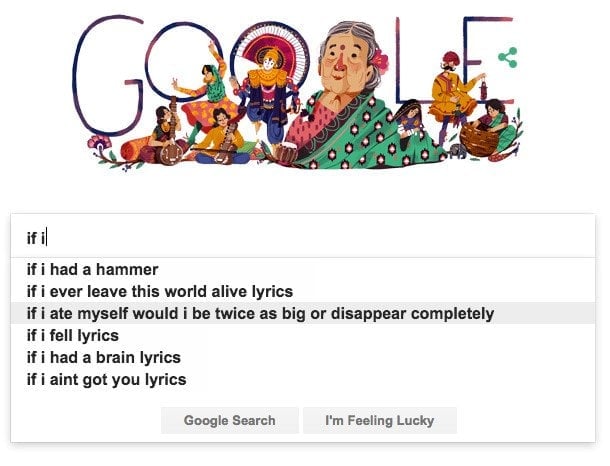
Google is the most visited website in the world.
Some might say, for a majority of people, everything starts at Google, whether you’re searching for something to buy or simply trying to get some information.
In fact, as of January 2022, Google holds 91.9% of the market share for search engines, with 8.5 billion searches being processed per day, and 99,000 searches per second.
A whole lot of us aren’t just using Google once either, but multiple times a day. In 2019, studies showed that 84% of respondents used the popular search engine three times a day or more.
In a 2018 report by SalesForce, about 87% of shoppers began their journey for a product through online search, and if the data above tells us anything, it most likely started with Google.
What is the Google effect?
So with all this Googling going on in our lives — so much so that in 2006, the word ‘Google’ officially entered the Oxford English Dictionary as a verb — its no wonder that our brains are are finding themselves lost in what is called the Google effect.
Also known as digital amnesia, this is the tendency for people to forget information relatively quickly — even after just having searched or learned something — due to the high reliance on technology or a digital device.

When it happens
The Google effect is quite prevalent in our modern day, with smartphones, iPads, and computers all around us. A simple example can be seen searching up a word and immediately forgetting what the word meant not too long after.
The Google effect happens when we rely on technology or digital tools to save important information. For example, these days we store all our important passwords on programs or browsers, having easy access to it any given time. This ease prevents us from having to remember the passwords in our heads. While convenient, what ends up happening on unlucky days is that we end up never remembering what password we put, and potentially getting locked out.
The same thing can be said about phone numbers. According to a study, more than half of Europeans were unable to recall their loved ones’ phone numbers, and this was no different with Americans, as 1/3 of them were lost suffering from the same effect. This case of digital amnesia is ubiquitous and is most likely experienced by everyone that has and relies on a smartphone these days.

Where it comes from
The term ‘Google effect’ was first coined and came to light in 2011, in a popular paper by Betsy Sparrow, Jenny Liu, and references to the work of Daniel Wegner. The researchers carried out four individual studies that looked at how our memory worked in a world rife with technology.
From the results, they discovered that in an age of computers, people were more primed to entrust their information into digital devices, and expect access to it any given time. This expectation and reliance lowered the likeliness of them relying on their own brains to remember, and thereby, lowered the rate of recalling the information itself.
Memory isn’t just remembering specific details. Its understanding the association between things — that’s how memories are formed.
— Betsy Sparrow
Why it happens
When our brains are processing information, it tries to filter in/out what is worth remembering to reduce cognitive overload.
As such, to help prevent our minds from feeling overwhelmed and making use of the memory load we have, its as if our brains leverage technology as a sort of external memory drive to store the things we deem as ‘not worth our attention.’ It becomes part of what American social psychologist Daniel Wegner hypothesized as transactive memories.

This memory system is one where groups store and retrieve collective knowledge, developing a sort of ‘group mind.’ By storing your individual memory and the memories of other’s across multiple people, members of that group can have access to a pool of knowledge greater than anything a single individual can have access to on their own.
As Betsy Sparrow’s paper suggests,
This is an adaptive use of memory—to include the computer and online search engines as an external memory system that can be accessed at will.
— Google Effects on Memory: Cognitive Consequences of Having Information at Our Fingertips
How we can prevent it
In this digital age, where everything is dependent on a computer of some form (phone, tablet, or computer), it can be hard to completely avoid or prevent the Google effect from happening — especially even more so as remote work becomes normalized.
Communication, business, socialization, and general interactions all happen through technology these days. And honestly, there’s no denying that digital devices make everything convenient.
With that being said, however, its important to remember that digital amnesia stems from an over-reliance on the technology itself.
So, while there is no way to completely avoid the Google effect, what we can do is remind ourselves to sit and reflect on whatever information we learned or discovered consciously and actively. Using digital tools to help us get things done is great for productivity, but it should not be a reason to create a strong sense of dependency.
By being more conscious and aware of this process, we can hope to rely on our brain more, and nurture they memory systems deep inside.










